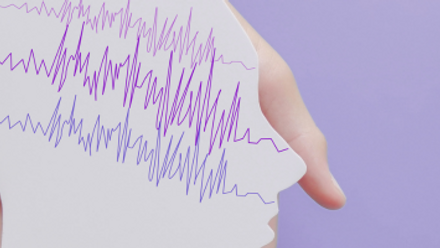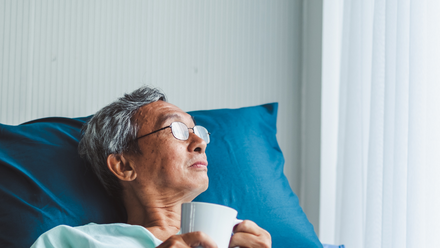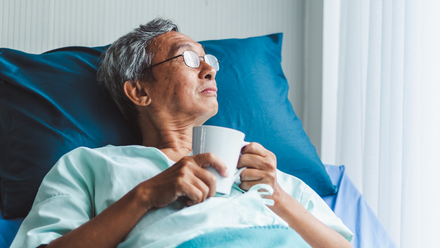Over the last two decades randomised controlled trials have consistently demonstrated that oxygenation can be significantly improved in patients with acute respiratory distress syndrome (ARDS) when ventilated in the prone position. Early trials of prone ventilation failed to demonstrate any impact on mortality, although these trials were conducted in an era prior to lung protective ventilation, often had patients proned for short periods and included patients with mild ARDS. As trial design evolved to include modern ventilation practices along with patients with more severe ARDS, evidence emerged that the early application of prolonged prone positioning may significantly decrease mortality compared to conventional supine ventilation.
This stance has been further supported by a recent meta-analysis that concludes mechanical ventilation in the prone position significantly reduces mortality in patients with moderate to severe ARDS when used early and for greater than 16 hours per day in patients receiving lung protective ventilation. In addition, a Cochrane systematic review published in 2015 recommends that prone ventilation for 16 or more hours per day should be actively considered in patients with severe hypoxaemia within 48 hours of mechanical ventilation. This has also led to the inclusion of prone ventilation in the ARDS guidance published by the Intensive Care Society (ICS) and Faculty of Intensive Care Medicine (FICM).
These recommendations would suggest the use of early prone ventilation for moderate to severe hypoxaemia and potentially an increase in the number of patients that should be considered for proning. The increase in use of the prone position in critical care may have been partially responsible for a spike in critical incidents reported to NHS over recent years. At the end of 2017, NHS approached the ICS/FICM Joint Standards Committee (JSC), keen to draw our attention to this increase in incidents and with the hope that the committee might identify a strategy to reduce the number of incidents moving forward.
With this in mind the ICS/FICM JSC performed a national survey of its members to identify current practices across the UK and to identify whether there was a need for a national guidance on managing patients in the prone position.



